Most people assume that vegans lack a healthy diet because of protein intake that often comes from meat. But back in the hunter/gatherer days, the man ate only 20% of meat in his total diet and more plants that were easier to find. There are plenty of nutrient-dense foods with protein; here are ten plant-based proteins you need to add to your diet:
Quinoa
This gluten-free grain is used mainly as a carbohydrate. It is considered to be a starchy protein due to its rich content of protein, fiber, and carbohydrates. Add quinoa to raw or cooked vegetables, use a substitute for rice, and even as a cereal by adding fresh fruit and nut milk.
Lentils
Lentils are a great source of protein, as well as fiber and carbohydrates. Just 1 cup of cooked lentils contains 18 grams of protein. It can be cooked with your favorite seasonings or eaten plain by itself. You can make lentils into soups, top on salads, combine with quinoa or rice for a hearty meal, use as a substitute for meat filling, and even make veggie burgers from lentils.
Seeds
Seeds such as sesame, chia, sunflower, flax, hemp, and pumpkin seeds are all mineral and protein rich. As seeds vary, some are nuttier in flavor while others are neutral and sweet tasting. Sesame seeds have a very nutty taste, pumpkin seeds carry an earthy flavor, chia and flax seeds are mildly nutty, and sunflower seeds are just slightly nutty and sweet. Nutrition-wise ¼ cup of seeds contains around 7-9 grams of protein.
Use seeds to the sprinkle on the top of any meal or salads to increase the protein and healthy fat content. You can grind seeds to use as a flour substitute for gluten-free baking and use in snacks, desserts, raw bars, and truffles.
Spirulina
Spirulina is rich in protein with a nutty taste for a nutritious addition to any meal. Just two tablespoons of spirulina contain 8 grams of protein. You can add spirulina to smoothies, desserts, and snacks for an added boost.
Nutritional Yeast
This staple food item is versatile, rich in B-vitamins and protein. Its cheesy flavor is great for making dressings, dairy-free sauces and more. You can add nutritional yeast to water or almond milk for a healthy sauce or dressing. Sprinkle on top of quinoa, beans, lentils, hummus and salads for a delicious flavor.
Cauliflower
Just one cup of cooked cauliflower contains 2.28 grams of protein along with a load of nutrients to reduce the risk of cancer and cardiovascular disease. This white veggie contains carotenoids, sulforaphane, omega-3 fatty acids as well as sources of manganese, glucosinolates, vitamin C, B1, B2, B3, B5, B6, B9 and more.
Nuts
Nuts such as Brazil nuts, cashews, pistachios, walnuts, and almonds are rich in protein, omega-3, vitamin E, and minerals. As the taste varies, some are sweet or nuttier than others. Sprinkle nuts onto any meal or salad, use in baked goods, nourishing muesli and granola. Nuts go great with cold cereals, oatmeal, and porridges for extra protein and crunch. You can also make your preservative- and additive-free nut butter for a great spread.
Beans
Beans are rich in fiber, carbs, and protein. You can cook beans with seasonings or eat plain. Beans make a great vegetarian substitute to taco filling, meatballs, and burgers and loaf. Add beans with quinoa or rice for a hearty meal.
Soy
Soy foods such as tofu, edamame, and tempeh contain protein, amino acids, fats, and fiber. Tempeh is the most nutritious source of soy as it contains healthy bacteria from the fermentation process. Add soy foods as topping to salads, stir-fry meals, sauces, fillings, and even marinate tofu for a simple, healthy dish.
Leafy Greens
Although vegetables don’t contain as much protein as nuts and legumes, some leafy greens contain high amounts of protein, antioxidants, and fiber. Just one cup of kale contains 4 grams of protein while two cups of spinach contain 2.1 grams but fiber is bit higher in spinach. Kale also has cholesterol-lowering benefits if you will cook it by steaming. Kale contains vitamin A, vitamin C, vitamin K, vitamin B6, folate, and manganese.
Author Bio
Kathy Mitchell was born in the USA. She has done MA in English Literature. She loves to publish her articles on different health and beauty websites. She is contributing to Consumer Health Digest since 2011. Follow her on Google+, Facebook and Twitter.
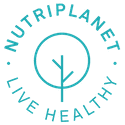
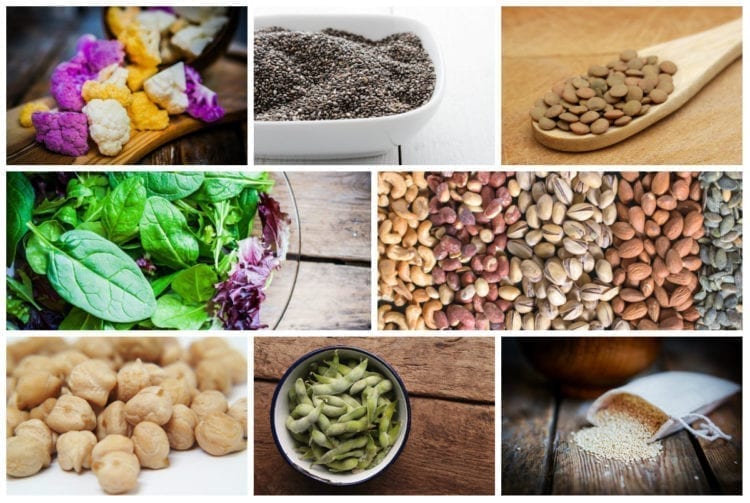

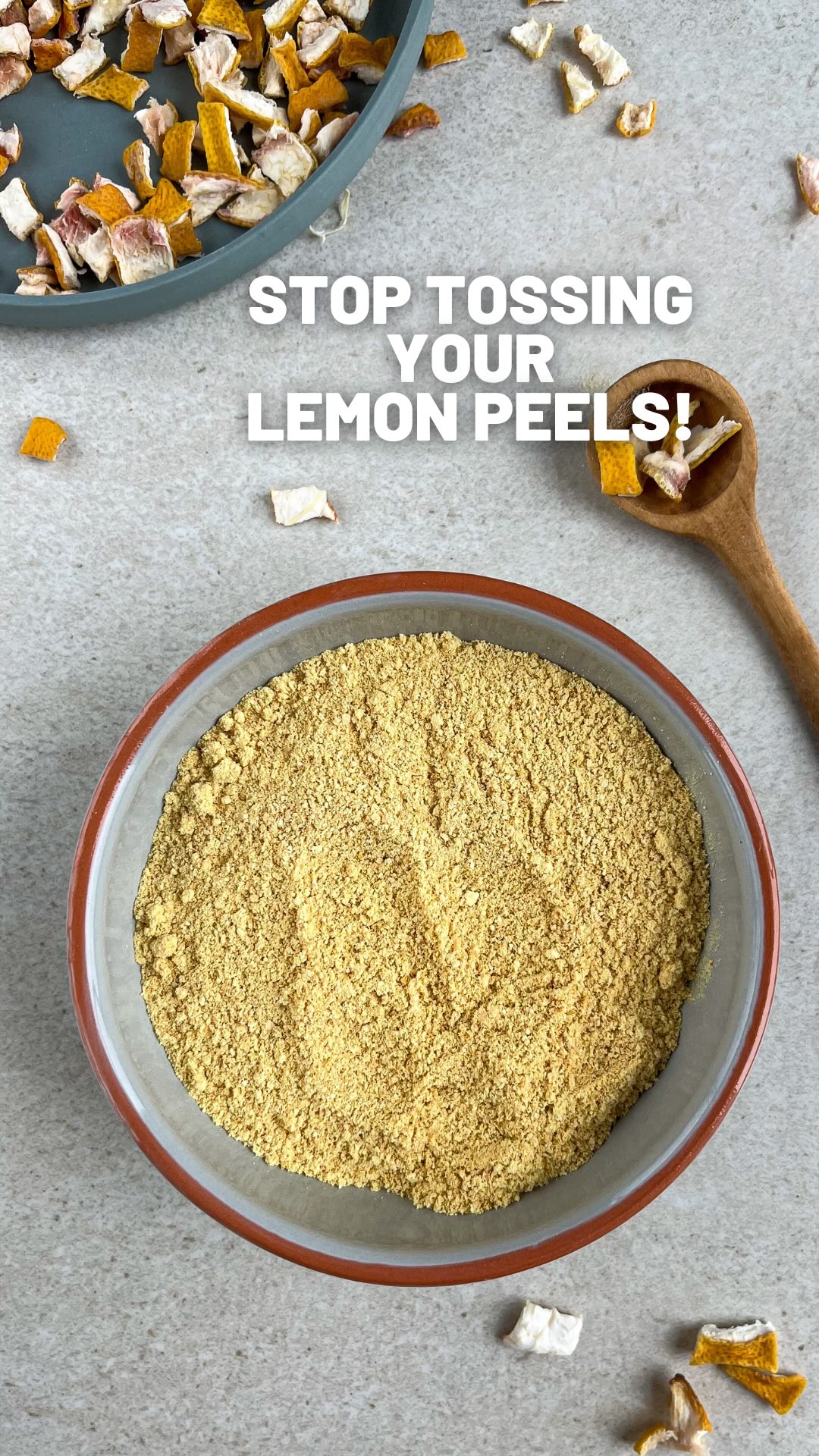
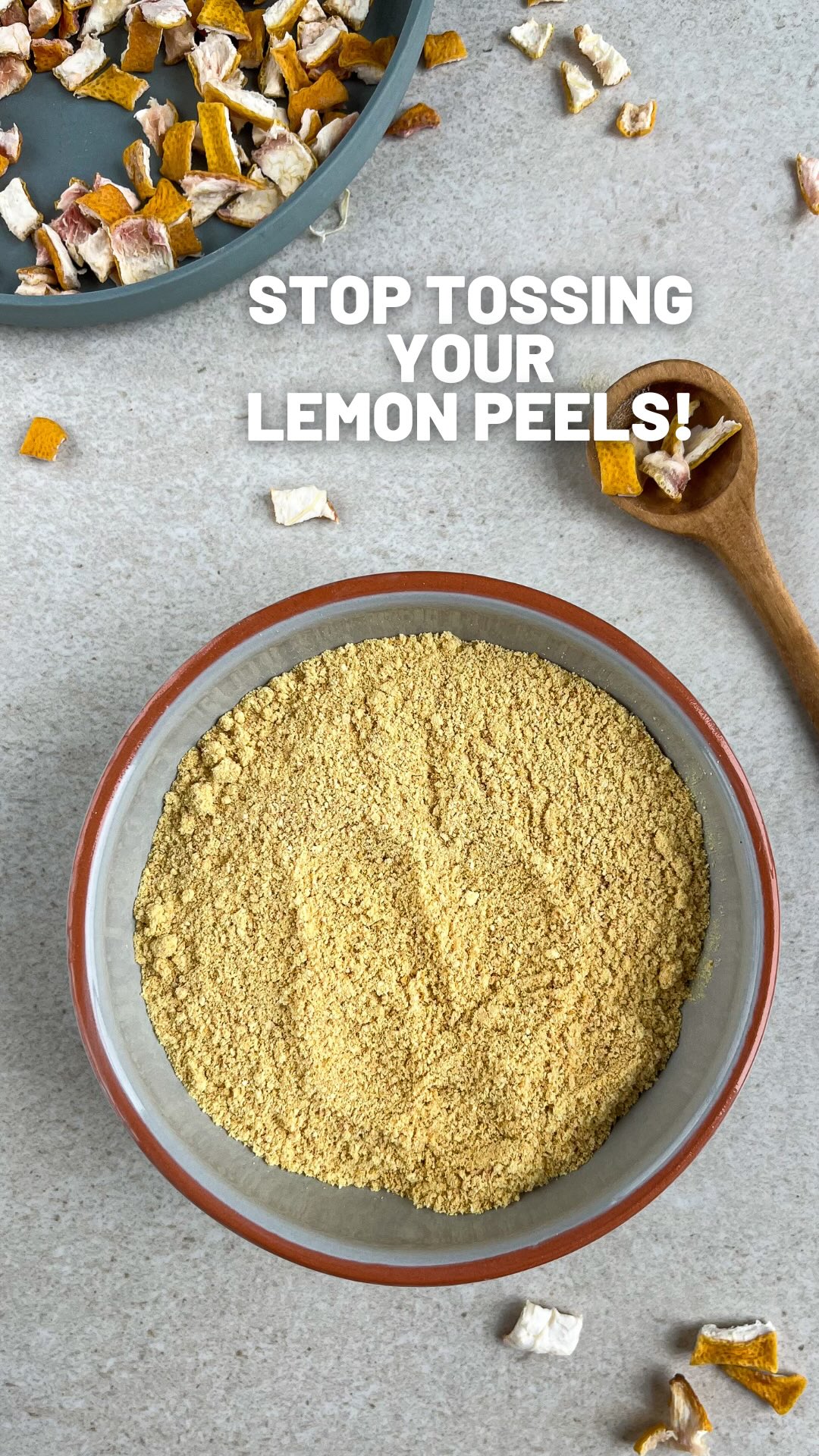

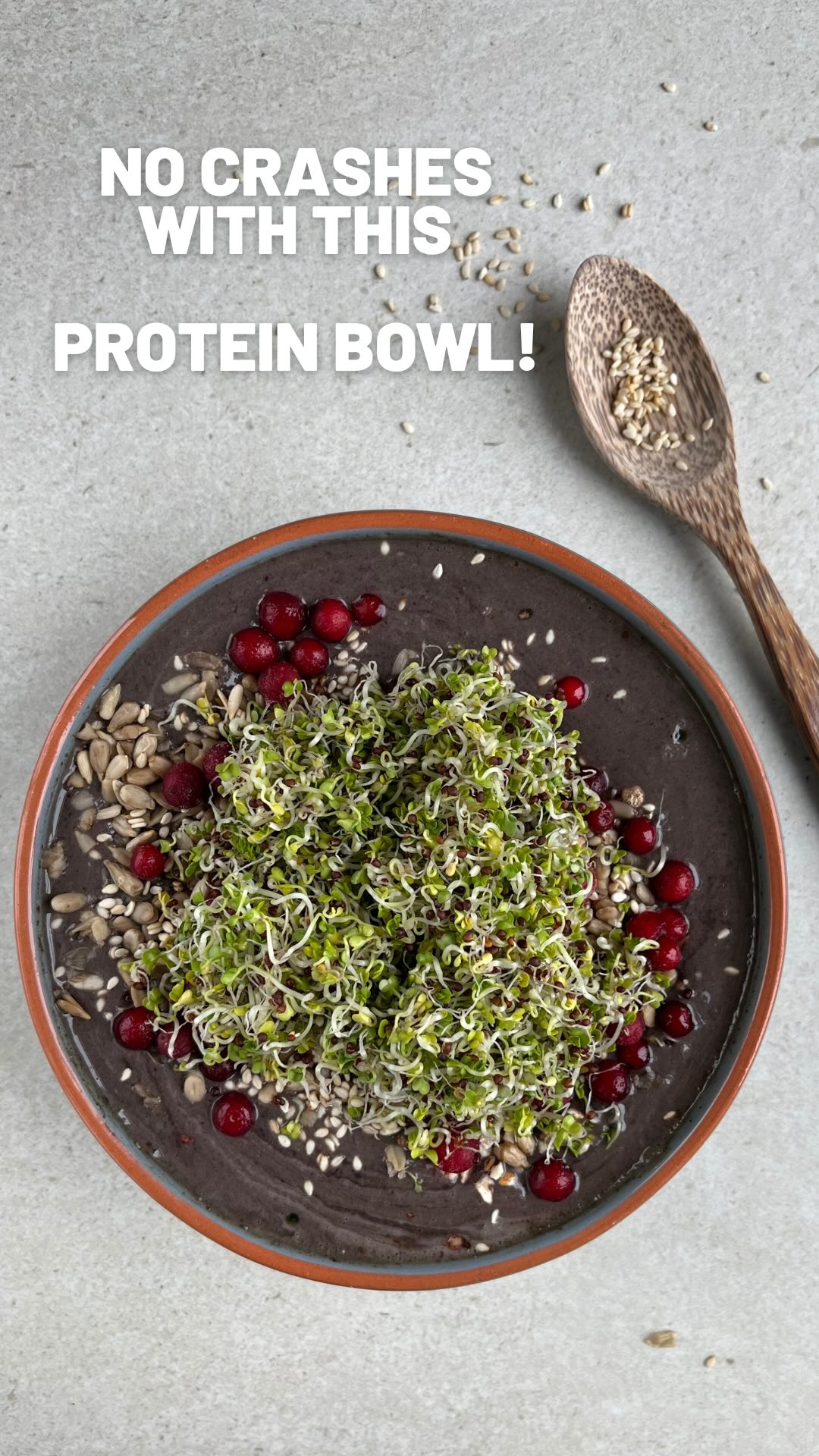











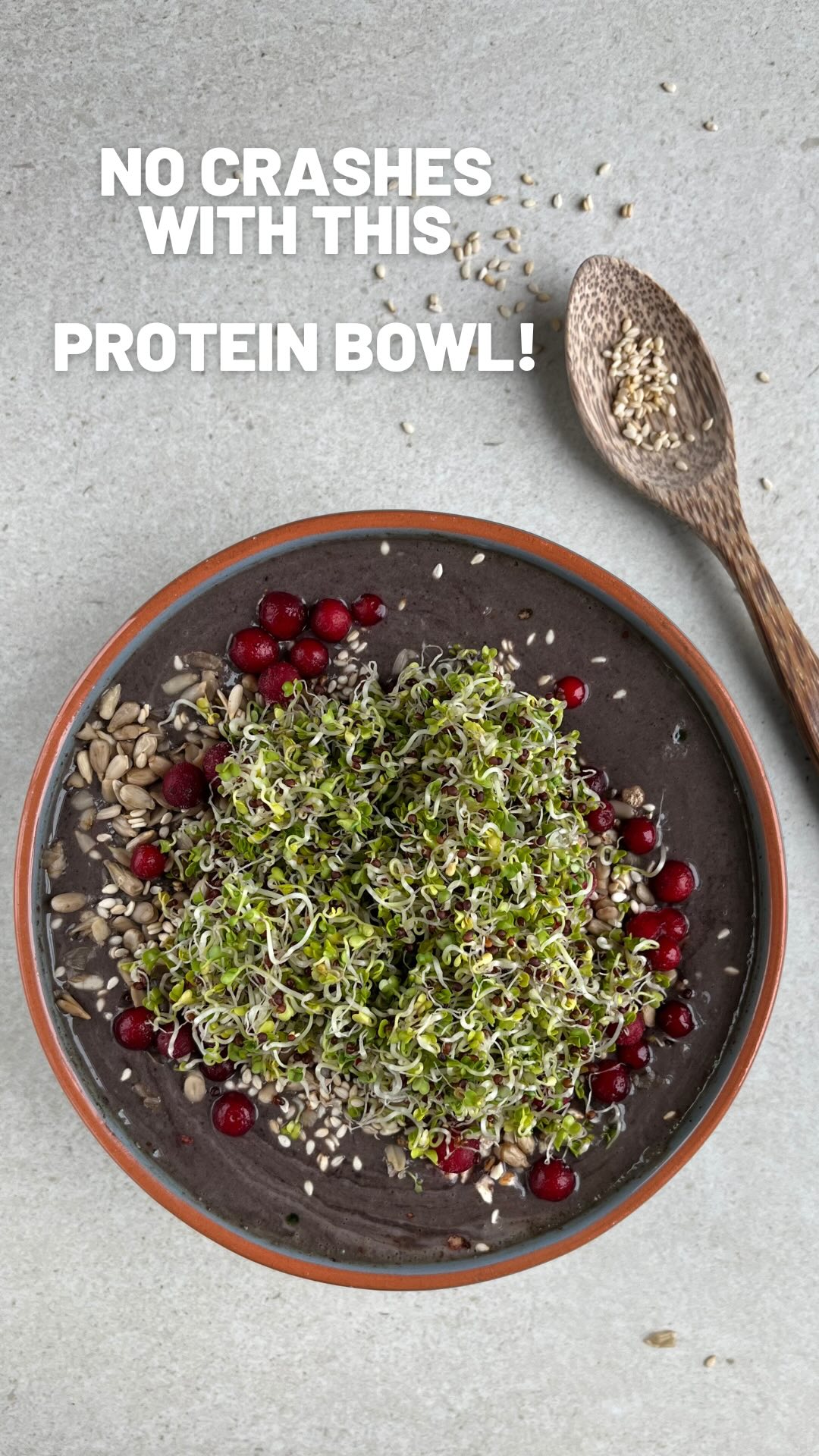















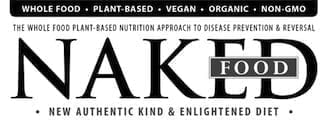






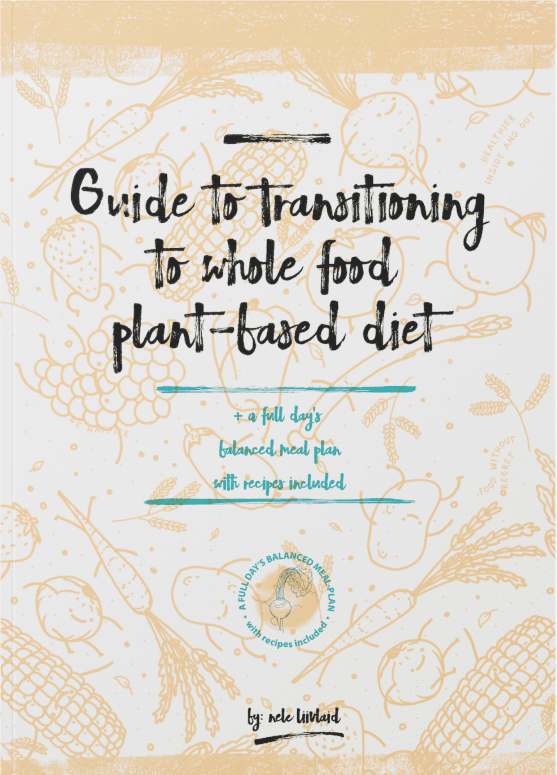
Pingback: Affordable Plant Based Protein Sources - Cats & Coffee - Plant Based Diet